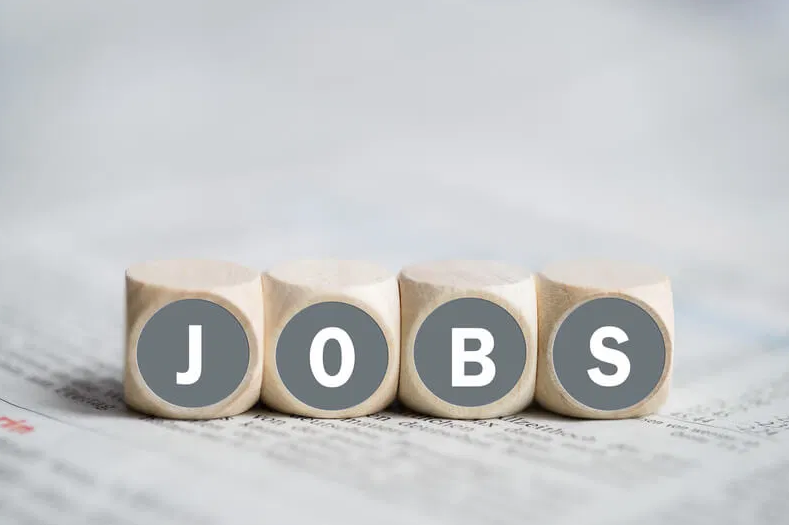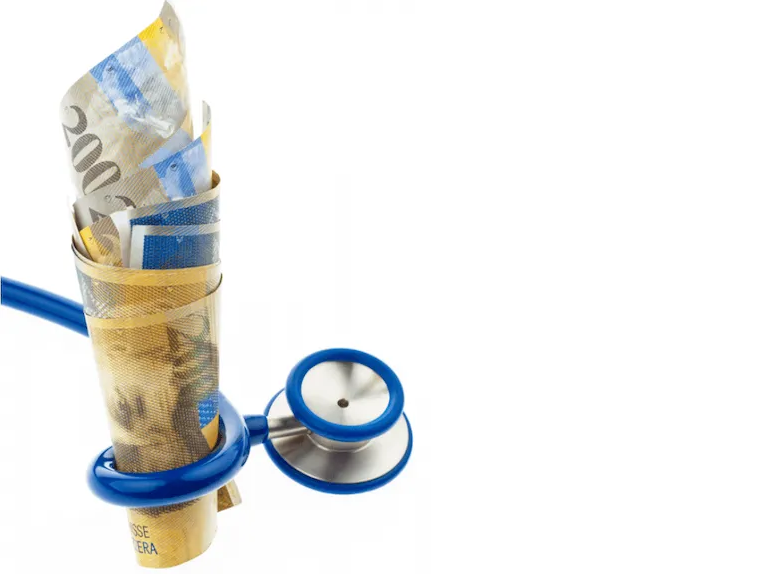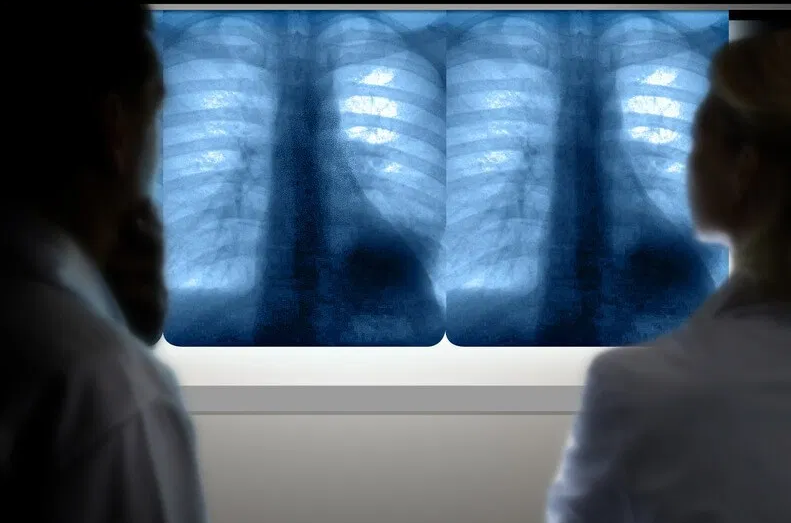Category Archive: 3.) Personal Finance
Some Swiss import duties could be axed
Swiss import duties on a number of industrial products might disappear if a plan put forward by Guy Parmelin, Switzerland’s economic’s minister, is approved by the National Council, Switzerland’s parliament. The changes are expected to benefit businesses and consumers by around CHF 860 million a year. On the other hand, the government will miss out on collecting roughly CHF 500 million a year of revenue from import duties.
Read More »
Read More »
Switzerland’s skilled worker shortage worsens
At 30 September 2019, Switzerland had 79,000 job vacancies and 225,000 unemployed workers. This combination of unemployment and job vacancies can largely be explained by two things. The first is frictional unemployment, the period spent in between jobs. This typically increases when there is a lot of job changing. The second is a skills mismatch. Employers cannot find the skills they need among those seeking work.
Read More »
Read More »
1 in 10 Swiss hospitals facing financial difficulty
Around one hospital in ten in Switzerland could end up in financial difficultly, according to a report by PWC. In addition, 37 of the 44 hospitals surveyed will not be profitable enough to remain competitive over the next five to ten years, predict the authors of the report.
Read More »
Read More »
Number of jobs reaches all-time high in Switzerland
Unemployment rose in the third quarter of 2019, however, there have never been more jobs in Switzerland. The total number of jobs in Switzerland rose to 5.137 million at 30 September 2019, a level never seen before. The figure was 1.3% higher than at 30 September 2018 and 0.3% higher than 30 June 2019.
Read More »
Read More »
Federal Council paves way for VAT refund on Billag fee
At its meeting on 27 November 2019, the Federal Council set out its plan for the refund of value-added tax (VAT) on Switzerland’s radio and television licence, formerly known as Billag. Between 2010 and 2015, VAT was charged on Swiss television and radio licences.
Read More »
Read More »
French-speaking cantons biggest winners from next year’s fiscal transfers
The amount of money paid by “rich” cantons to “poor” ones will rise by CHF 61 million to CHF 5.3 billion in 2020, according to a recent government press release. The only French-speaking canton paying will be Geneva. All of the rest will see the sums they receive rise compared to 2019. In 2020, Geneva will pay CHF 275 million, down slightly from the CHF 300 million it paid in 2019.
Read More »
Read More »
Swiss government cuts drug prices by 100 million francs
Switzerland’s Federal Office of Public Health (FOPH) recently announced it had reduced the price Swiss healthcare providers and patients will pay for 257 drugs by 16.3%. These lower prices, which take affect on 1 December 2019, are expected to save CHF 100 million annually.
Read More »
Read More »
Swiss remain the richest in 2019
According to a recent report by the bank Credit Suisse, the Swiss are worth more on average than the residents of any other nation. The bank’s annual Global Wealth Report calculates average net worth per Swiss adult to be US$ 564,653 (CHF 560,643) at mid-2019. The median figure was US$ 227,891 (CHF 226,273).
Read More »
Read More »
Raising Switzerland’s retirement age – big differences of opinion
Switzerland’s government has long discussed the importance of raising the retirement age to ensure the financial viability of the pension system. However, it is not clear whether voters would support such a plan. According to a survey by Deloitte, an accounting and consulting company, raising the official retirement age might not find majority support among Swiss voters. Some groups are firmly against the idea.
Read More »
Read More »
Referendum to ban tobacco advertising in Switzerland reaches 100,000 signatures
An initiative demanding a ban on tobacco advertising has collected 109,969 valid signatures, more than the 100,000 minimum required to launch a popular vote, according to RTS. The planned vote entitled: “Yes to the protection of children and young people against tobacco advertising” demands the federal government ban all forms of tobacco advertising towards children and young people.
Read More »
Read More »
Swiss upper house calls on executive to end marriage tax penalty
In Switzerland, some married couples pay more tax than unmarried ones, something referred to as the marriage tax penalty. The issue has been doing the rounds of the halls of Switzerland’s government for around 30 years. On 28 February 2016, a vote to change the current system was narrowly rejected by 50.8% of voters.
Read More »
Read More »
Vaud’s 2020 budget – higher spending, higher taxes
The Swiss canton of Vaud has managed to balance its 2020 budget with a small surplus of 76,000 francs. This is the 14th time in row that the canton’s budget has been in the black. At the same time planned spending is up by 2.43%, well ahead of Swiss inflation – prices were lower in September 2019 than they were in September 2018.
Read More »
Read More »
Number of people with debt problems rises in Switzerland
The number of people with debts in default continues to rise in Switzerland. At the end of July 2019, 561,000 people, 6.5% of the population, were unable to service their debts according to the price comparison website comparis.ch. The figures, based on data from the credit analysis company CRIF include those who have failed to make repayments and are being pursued by creditors or have declared bankruptcy.
Read More »
Read More »
No rise is health premiums expected in 10 Swiss cantons in 2020
Every year, Switzerland’s Federal Office of Public Health (FOPH) gives projections of compulsory health insurance premiums for the coming year. After years of rising premiums, many will be relieved by the small projected increases for 2020. Across all of Switzerland, the average premium is expected to rise 0.2% to CHF 315.40 a month.
Read More »
Read More »
Geneva’s 2020 budget 590 million francs short
Next year the canton of Geneva plans to spend CHF 9,143 million. However, forecast revenue is only CHF 8,553 million, leaving a shortfall of CHF 590 million, according to a cantonal government press release. The canton’s finances have been hit hard from both sides.
Read More »
Read More »
Swiss upper house rejects parental leave plan
Switzerland’s government been grappling with the politics of extending universal tax-funded parental leave for a number of years. Some are pushing for paternity leave for fathers and others for a shared pool of parental leave, which mums and dads can apportion.
Read More »
Read More »
Tobacco consumption costs Switzerland 5 billion francs a year
Health care in Switzerland is funded by a mixture of taxes and health insurance premiums. Much of the insurance premiums paid are compulsory with no discounts offered to non-smokers. According to figures recently published by the Swiss association for smoking, the annual direct medical costs of smoking are CHF 3 billion (2015), or CHF 350 per person.
Read More »
Read More »
Most Swiss Election Candidates Favour Raising Retirement age to 67
A majority of the candidates putting themselves forward for election as federal parliamentarians on 20 October 2019 favour raising Switzerland’s retirement age to 67, according to a survey done by Smartvote and reported in the newspaper NZZ am Sonntag.
Read More »
Read More »
Swiss Trade with Much of South America should Soon be Tarif Free
A deal agreed between EFTA and the South American Mercosur bloc, which includes Argentina, Brazil, Uruguay and Paraguay, with a combined population of 260 million, is close to signing. EFTA includes Iceland, Liechtenstein, Norway, and Switzerland. Under the deal, 95% of Switzerland’s CHF 3.6 million annual exports to the bloc would be tarif free.
Read More »
Read More »
Swiss unemployment down in second quarter of 2019
In the second quarter of 2019, the percentage of Switzerland’s population working rose by 1.1% and the percentage unemployed fell to 4.2%, based on the higher International Labour Organisation’s (ILO) measure. In the second quarter of 2019, 5.1 million people were working in Switzerland, 60% of the population. The number working rose 1.1% compared to the previous year, particularly among women (+2.0%).
Read More »
Read More »






















































